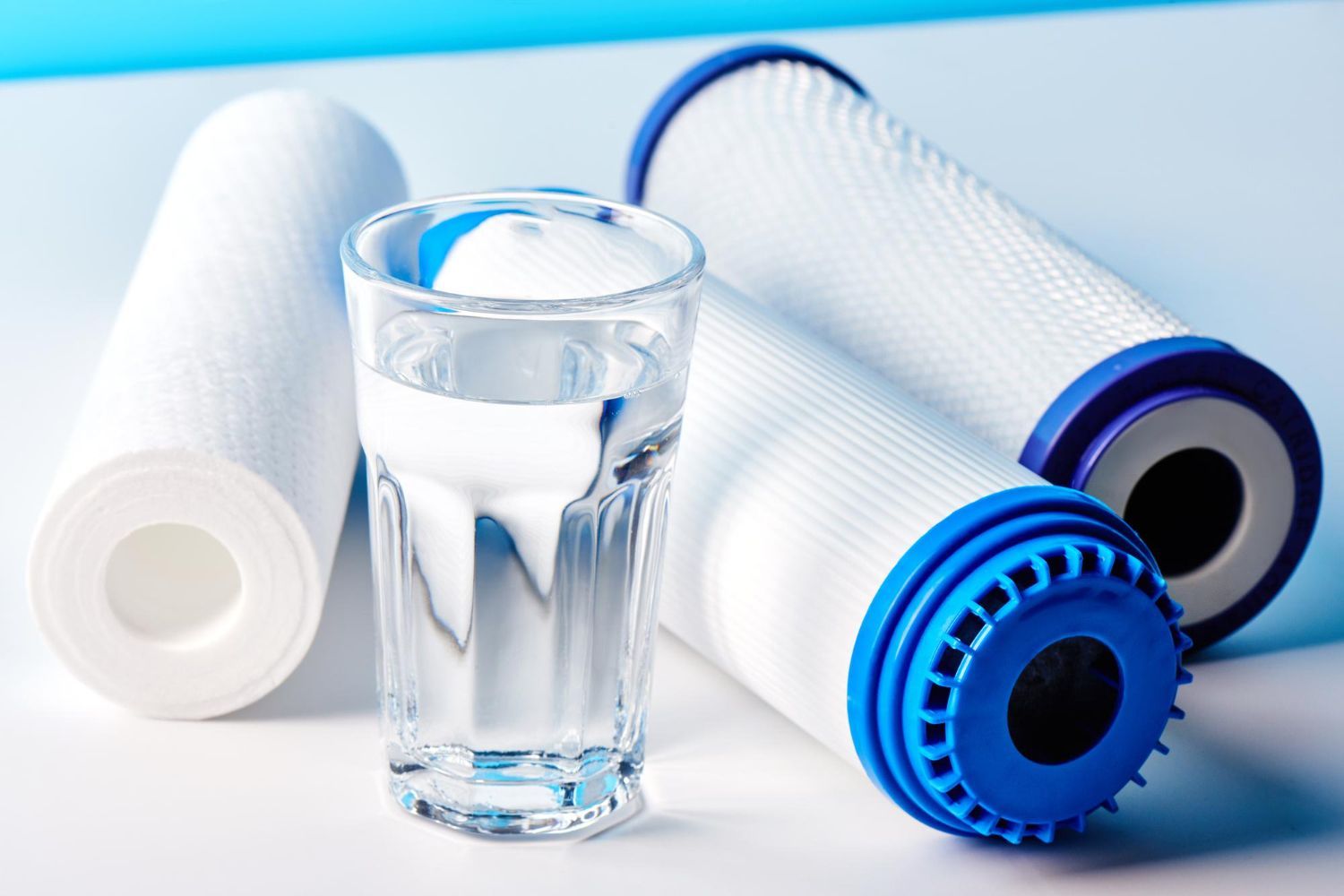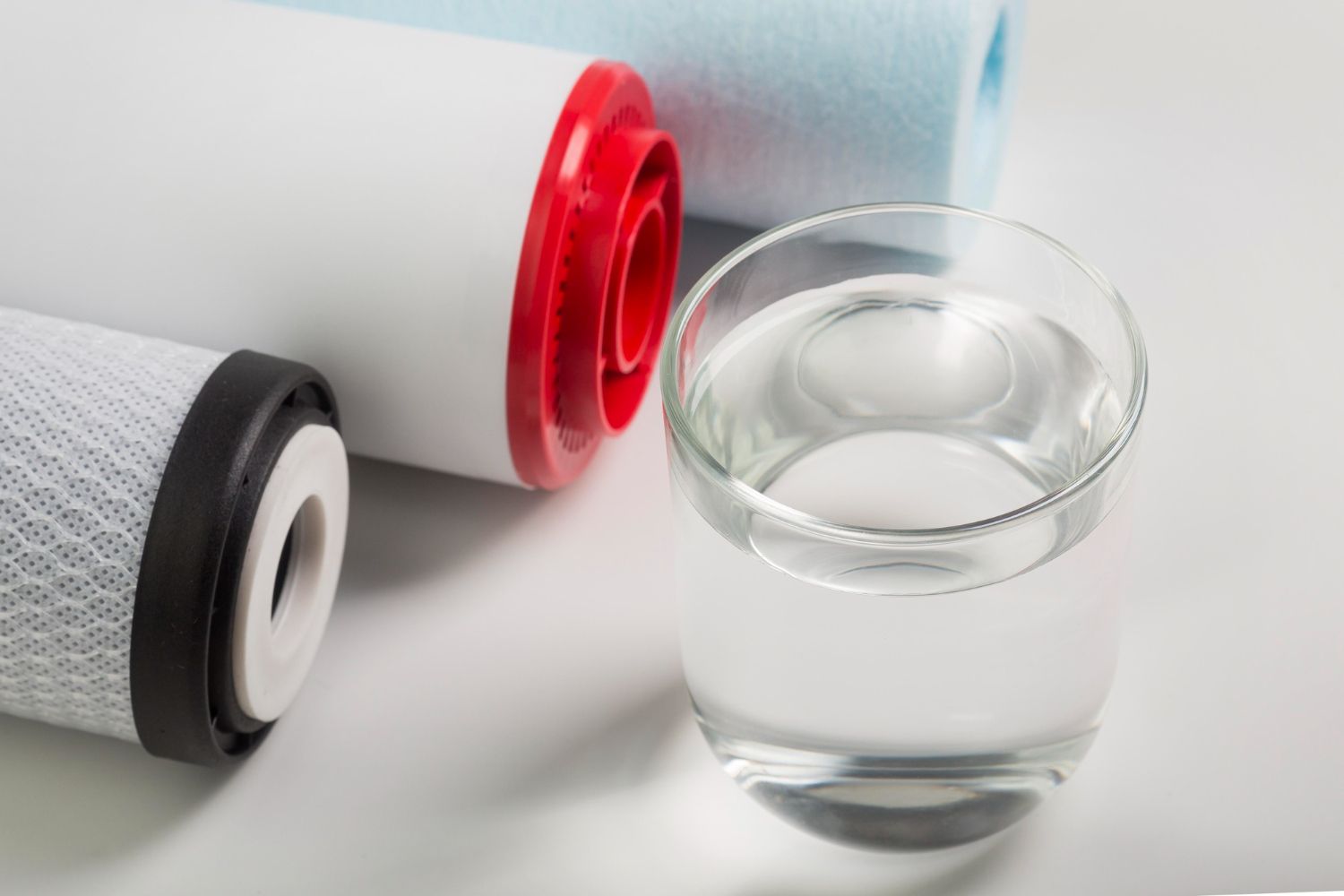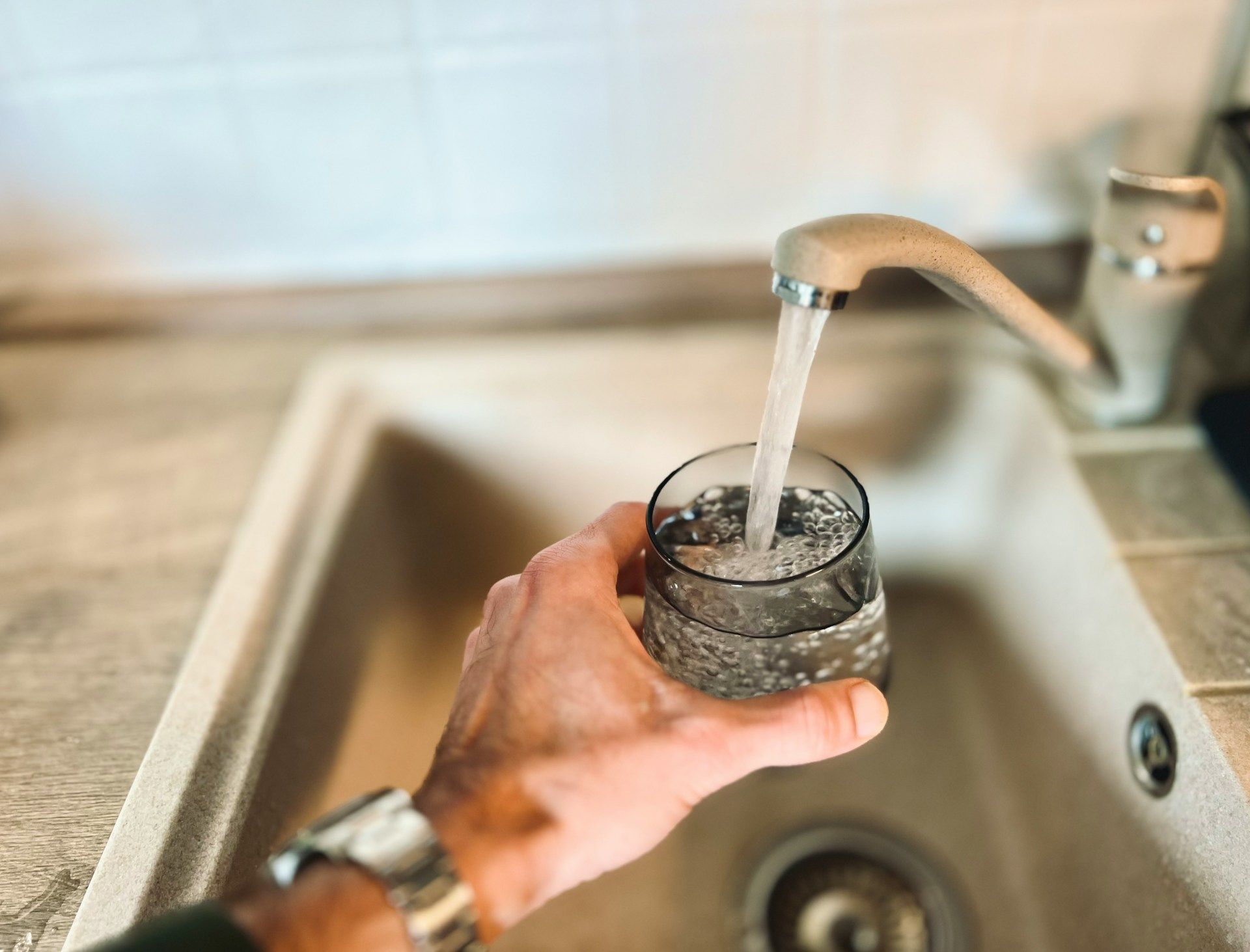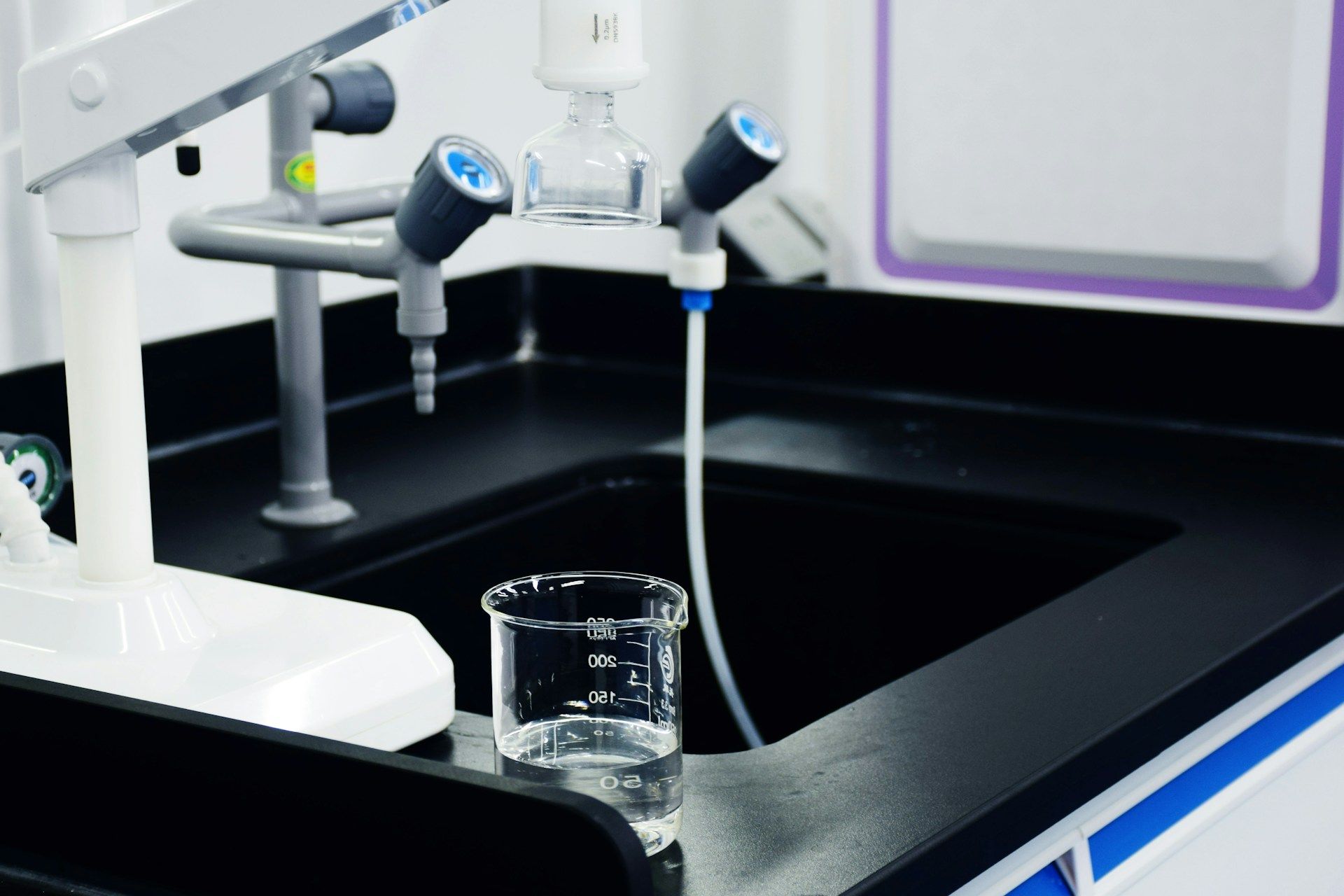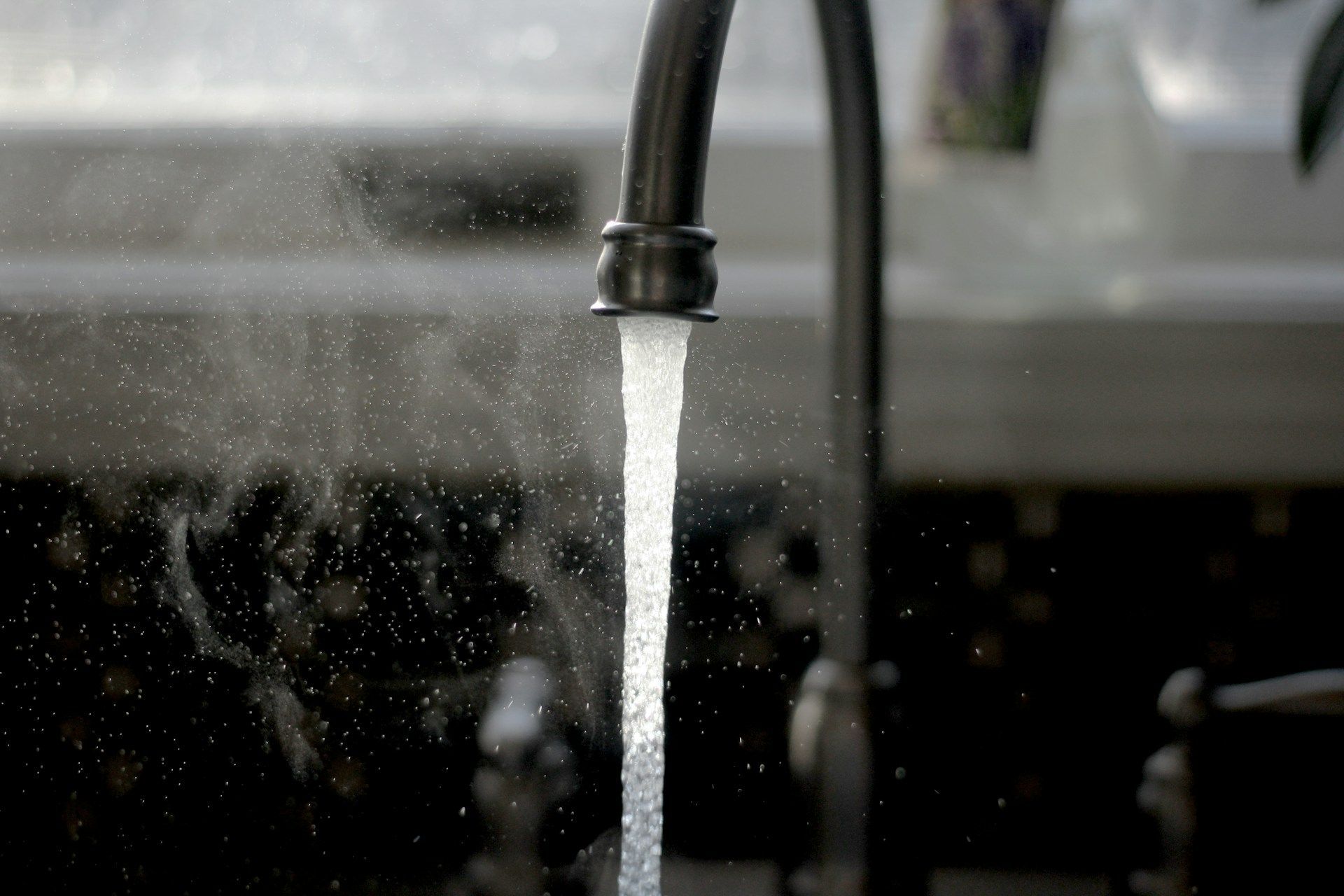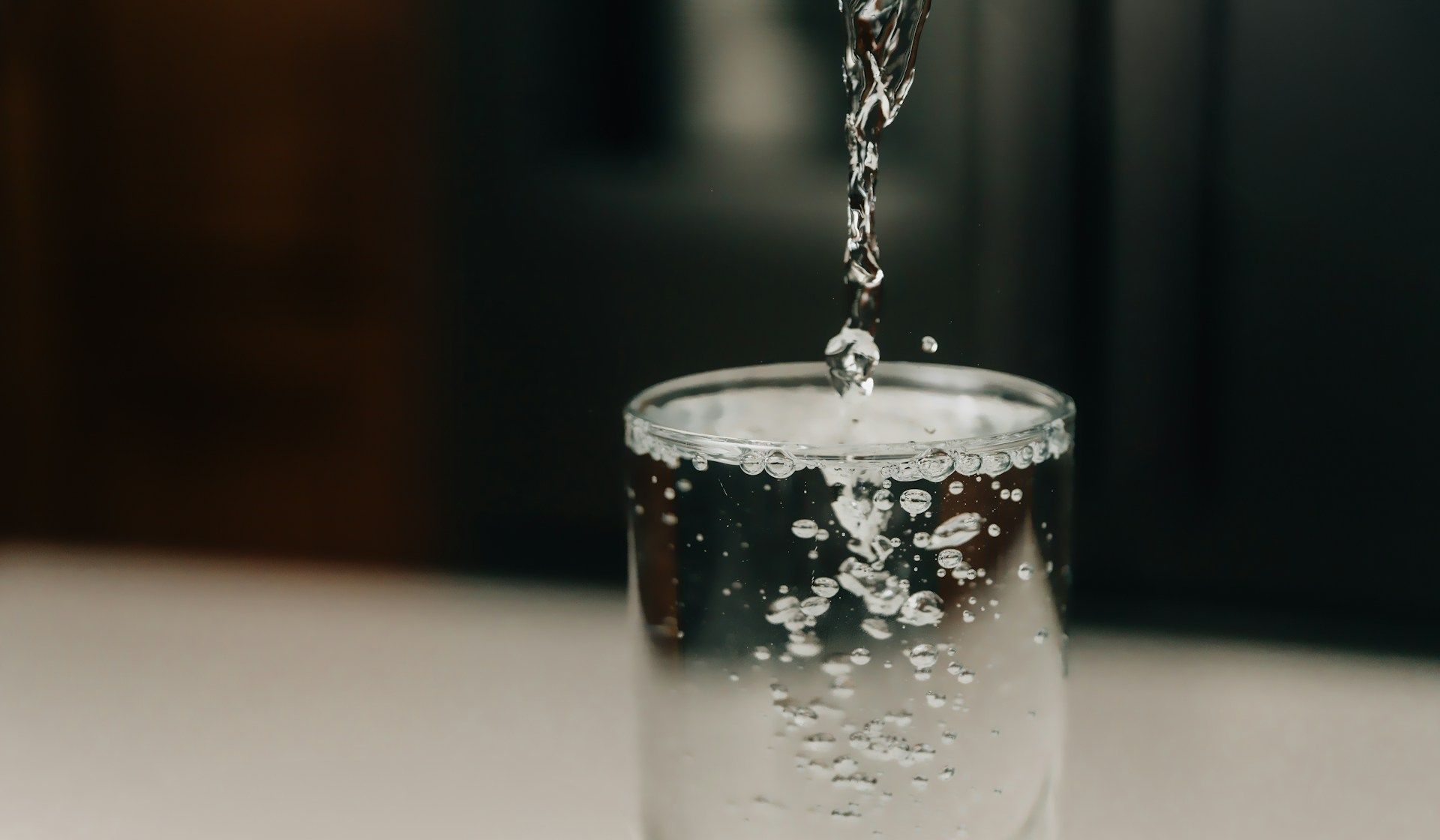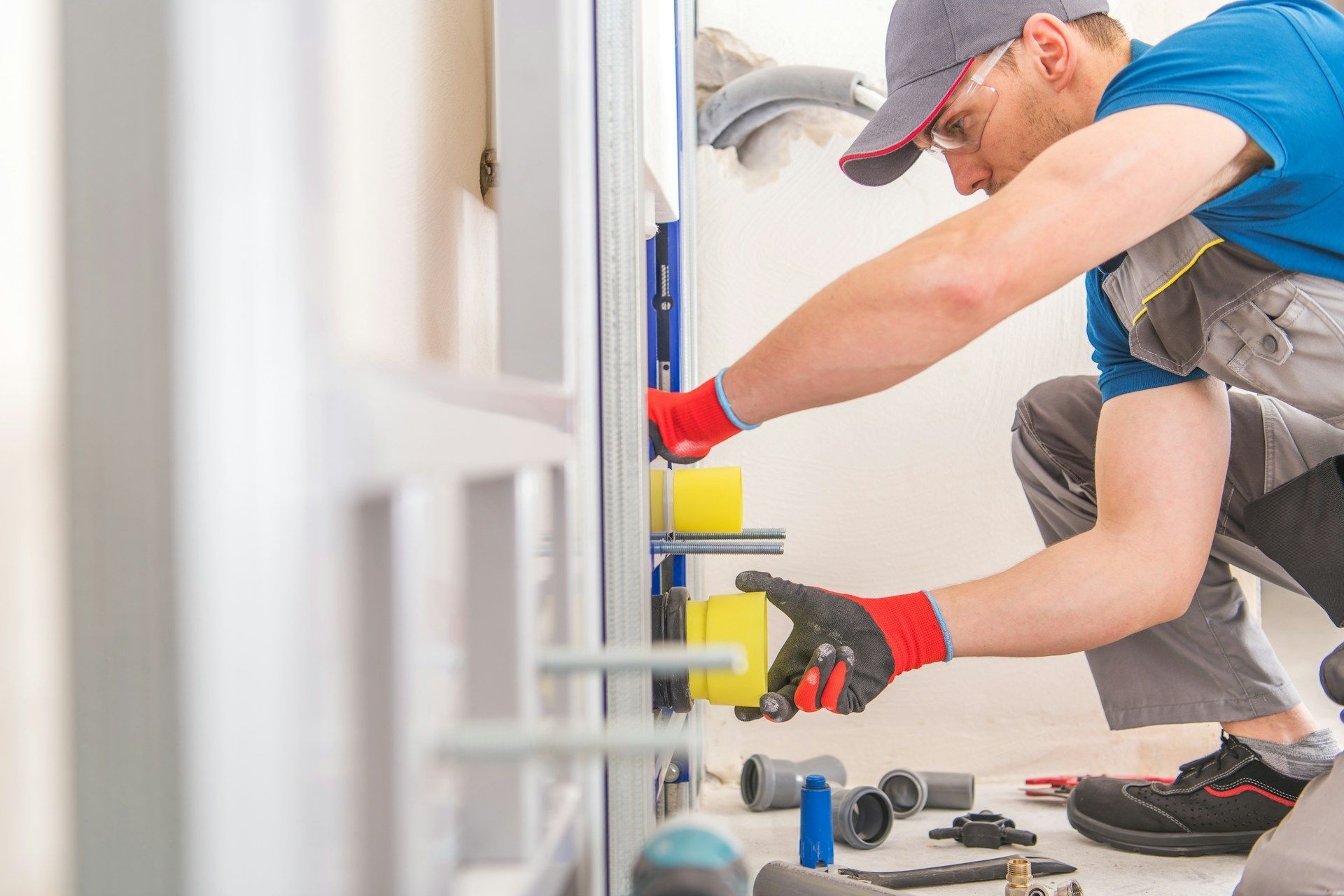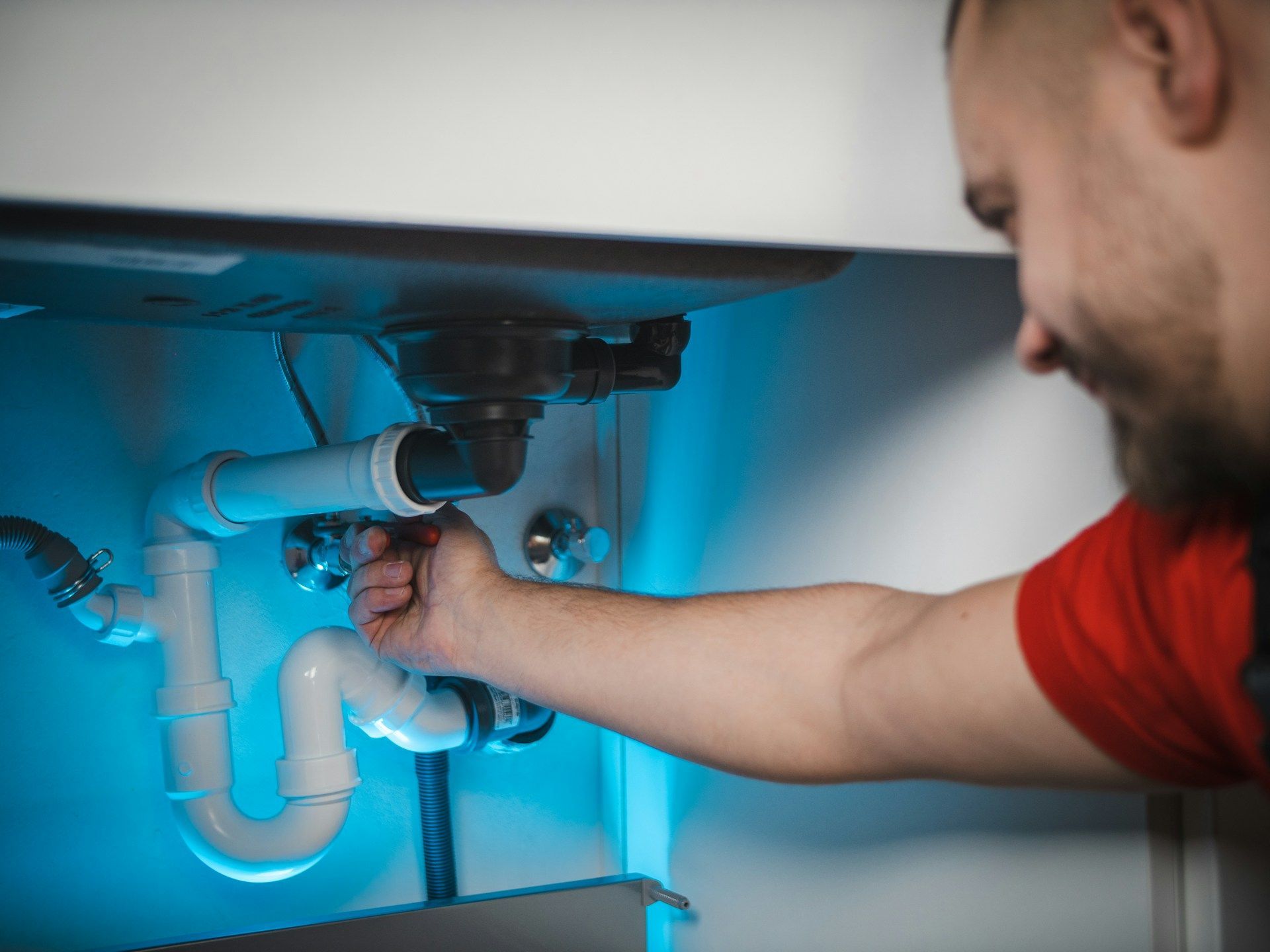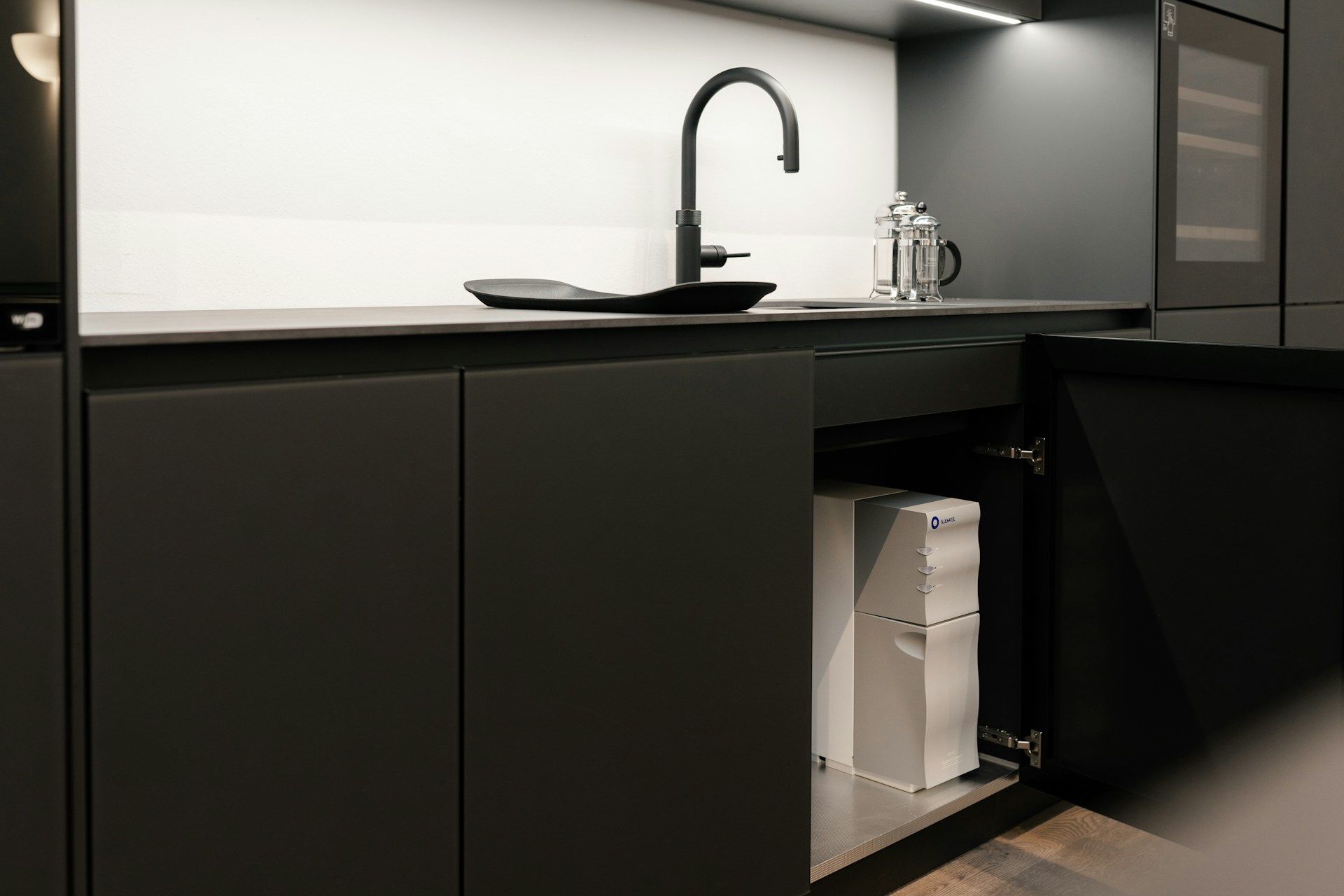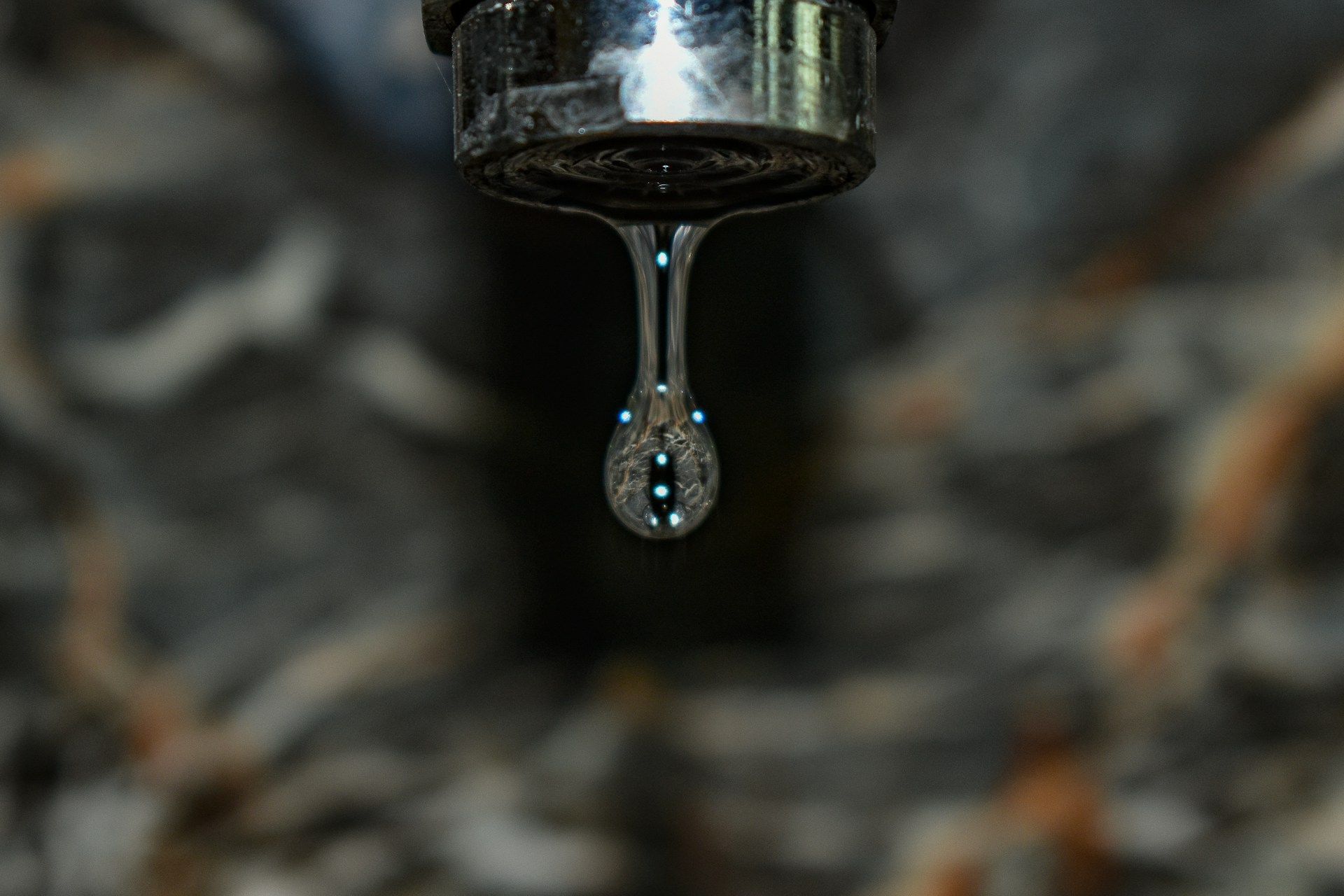Testing Your Utah Home Water Quality: What Results Mean
Most people don’t think much about what’s in their tap water. It’s clear, it flows, and that usually feels like enough. But once you start to notice things like spots on clean dishes, buildup around faucets, or dry skin after a shower, you might start wondering whether your water is actually working for you or working against you. Those little signs could be clues that your home’s water quality isn’t as great as it seems.
Testing the water in your Utah home is an easy first step that can answer a lot of questions. If you live in places like Park City or Salt Lake City, your water likely has a unique mix of minerals and possibly contaminants. Water affects every part of daily life, from what you drink and cook with to how your appliances perform and how your skin feels. So if you’ve never had your water tested or it’s been a long time, now might be the right moment to find out what’s really coming through your pipes.
Why Testing Your Water Matters
Water quality isn’t the same everywhere, and that’s especially true across Utah. Hard water is pretty common throughout the state, but it’s not the only concern. Whether your home gets city water or well water, you can run into a variety of issues depending on nearby soil, plumbing materials, or even weather patterns.
Here are a few things that Utah homeowners often find in their water:
- Hard minerals like calcium and magnesium
- Chlorine from municipal treatment systems
- Iron or sulfur, especially in well water
- Sediment or rust due to older pipes
- Bacteria or other organic matter in untreated water sources
When left unchecked, these things can cause minor irritation or become bigger concerns over time. Hard water, for example, doesn’t usually pose a danger, but it can wear down water heaters, clog showerheads, and leave your laundry feeling stiff. Chlorine might leave behind a chemical smell or taste. And if there’s anything more serious, like bacteria or lead in old plumbing, that's when your health can get involved.
Getting your water tested gives you answers. It shows what you’re drinking and what adjustments, if any, you should think about making. You don’t need to guess whether that smell is harmless or if your dishwasher is breaking down faster because of water buildup. A proper test leads to real options, like choosing the right filtration system or simply being more aware of your home’s water setup.
Understanding Water Quality Test Results
Once you have your test results in hand, understanding them can feel like reading a different language. Numbers, chemical names, and measurement units can seem overwhelming at first, but each part gives useful info about how your water functions in your home.
Here are the big players you’ll usually see and what they actually mean:
- pH level: This shows how acidic or basic your water is. A pH that’s too low (acidic) might corrode your plumbing, while too high (alkaline) can cause mineral buildup and a sour taste. Most tap water sits between 6.5 and 8.5.
- Hardness: Usually measured in grains per gallon (GPG), water hardness comes from the amount of minerals like calcium and magnesium. The higher the number, the “harder” your water is, which can lead to stains, buildup, or soap not working as well.
- Total dissolved solids (TDS): This counts all the minerals, salts, and metals floating around in your water. High TDS doesn’t always mean danger, but it might lead to poor taste or cloudiness.
- Contaminants: This includes things like chlorine, iron, lead, or bacteria. Anything outside the acceptable range might need to be addressed quickly, especially if it affects your health or home functions.
For example, if your test shows a high level of hardness and slightly low pH, you might start noticing lime scale around faucets and experience dry hair after bathing. On the other hand, high iron could explain a metallic taste in your water or orange stains in sinks.
Understanding these test results makes it easier to make smart choices for you and your family. It also helps you know when something is just a minor nuisance or a sign of a bigger issue down the line.
Types of Water Filtration Systems and Their Benefits
Choosing the right water filtration system depends on what your test results show. Some homes in Utah may need light filtering to remove chlorine smells, while others might need heavier systems to handle hard water and contaminants. No system works for every situation, which is why it helps to understand what each one does and when you might need it.
Here are a few common types of filtration systems and what they’re best for:
1. Activated carbon filters
These work well for removing chlorine, bad tastes, and odors. They trap particles as water flows through, making them a popular choice for drinking water. You’ll find them in pitchers, faucet-mounted filters, and under-sink units.
2. Water softeners
If your water test shows high hardness, a softener is often recommended. These systems exchange calcium and magnesium minerals for sodium or potassium, which prevents buildup in pipes and on fixtures. This can also make soaps and detergents work better.
3. Reverse osmosis (RO)
RO systems push water through a membrane to remove a variety of contaminants including lead, nitrates, and fluoride. These are often used at a specific tap like a kitchen sink, since they waste a bit of water during the filtering process.
4. Whole-house filtration
This setup treats water as it enters your home, covering all faucets and appliances at once. Depending on your needs, these can be tailored to reduce iron, sediment, sulfur, or other specific issues found in Utah homes.
5. UV disinfection systems
These use ultraviolet light to kill bacteria and viruses. They’re a smart choice if your water comes from a well or if the test identifies microbes.
Figuring out which combination of systems is right for your home comes down to what your water contains. Some Utah homes only need one solution, while others might need a layered approach to fix taste, hardness, and health risks.
Steps to Take Based on Your Results
Once you've decoded your water test results and have a better idea of what you’re dealing with, the next move is figuring out the right fix. This doesn't mean running out to grab whatever filter you see online. The first step is understanding whether the issue is aesthetic or structural — does your water just taste a little off, or could there be hidden risks?
Here’s a simple process to follow after getting your water tested:
- Look for any flagged results. These are usually marked when levels are above or below the recommended range.
- Group the issues. Are they taste-related, health-related, or more about protecting your plumbing and appliances?
- Prioritize based on use. Drinking water impacts your body directly, so that usually deserves top focus. Water for cleaning or laundry might come next.
- Decide what needs professional attention. If you spot anything related to bacteria, lead, or high nitrate levels, it’s best to get help right away.
Let’s say your water test flagged high chlorine and moderate hardness. That could mean a carbon filter at the sink for taste, combined with a water softener to take care of scale buildup throughout your home. On the other hand, if your test picked up on bacteria or metal contamination, the situation’s more serious and needs proper treatment from someone trained to install and maintain these systems.
Lastly, make a habit of regular checks, especially if you rely on a well or notice any shifts in water quality like sudden staining or odd smells. Your water system should support your home, not create new problems. Keeping tabs on water quality helps keep everything running smoother, for longer.
Keep Your Utah Home's Water Safe
If you live in Utah, water testing isn’t something you do just once and forget about. Over time, old plumbing, shifting soil, or changes in municipal treatment plans can all affect what comes out of your faucet. Park City water is different from Salt Lake City water, and even neighbors on the same street can face different challenges.
The good news is testing your water opens up options. Whether it means filtering out sediment, softening hard water, or guarding your tap water with added disinfection, there are solutions for every situation. Starting with a clear picture of what’s in your water ensures you get the right fix the first time, so you’re not wasting time or money on guesswork.
Clean, balanced water shouldn’t be a luxury. It should be something your family counts on every day. With regular testing and the correct fix, you can make sure your Utah home runs better, feels better, and maybe even tastes better, too.
To ensure your home gets the best results from water testing, explore your options for water filtration in Utah. Water Science's expertise in tailoring solutions means you’re not just treating water challenges but improving the overall quality of what flows through your taps every day. Discover how a personalized approach can enhance your water safety, comfort, and efficiency.

